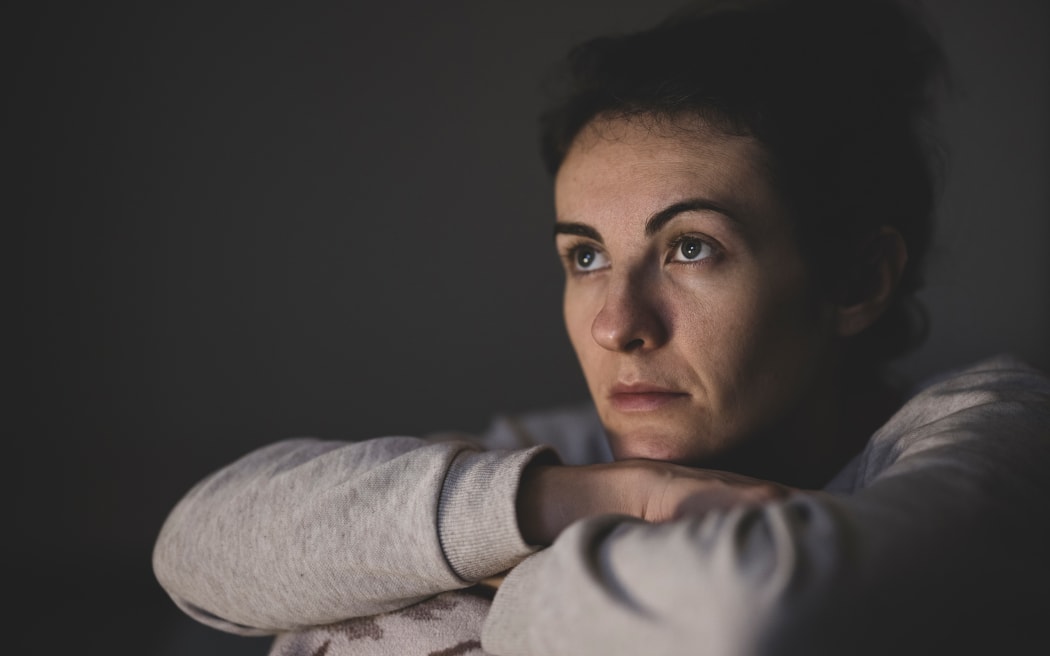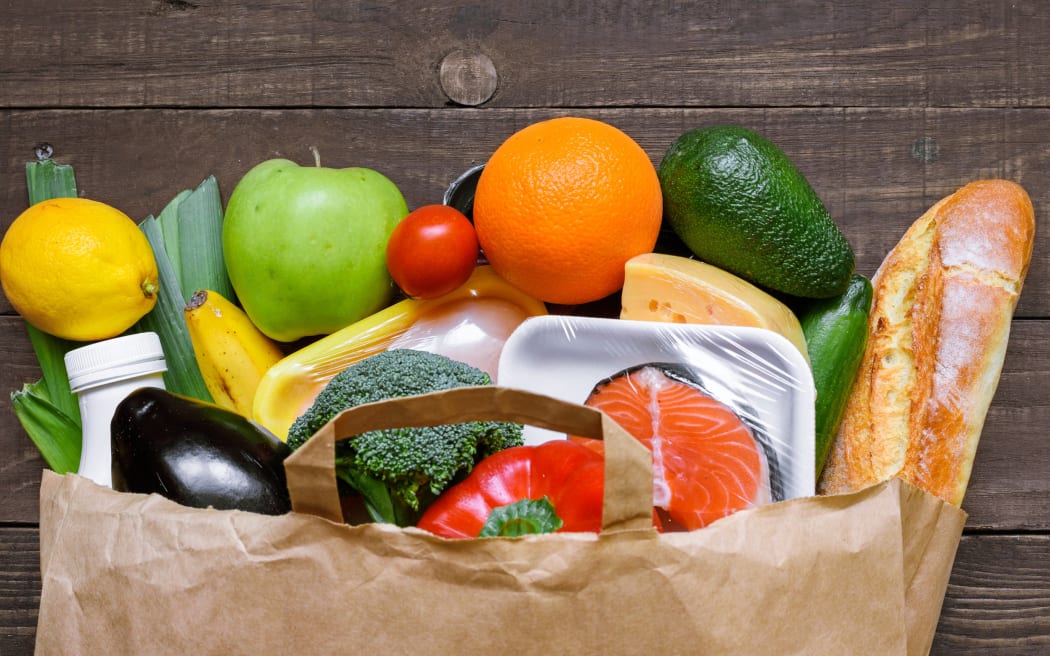Are you grumpy and cold because you lack iron?

Got the grumps, feeling the cold and having trouble concentrating? You're not alone. But is that tiredness and lethargy due to late-night doom-scrolling, general 2023 malaise or caused by an iron deficiency?
According to Iron Awareness Week, iron is the most common nutritional deficiency. Around a third of the world's population are estimated to be iron-deficient, with toddlers, teenage girls and pregnant women mostly likely to lack the essential mineral.
Why is iron important?
Iron plays a critical role in keeping the body working. The New Zealand Nutrition Foundation says iron is an important ingredient in making hemoglobin in the blood, which carries oxygen around the body. The immune system also requires iron to function well.
Too little iron in the blood can lead to paleness, tiredness, and lethargy, making it harder to concentrate - and affecting our performance at school or work. The Auckland Iron Clinic says that untreated iron deficiency can lead to low hemoglobin (known as iron deficiency anaemia). In severe cases, it can lead to other serious health issues, including heart problems in adults and delayed growth or development and increased susceptibility to infections in children.
How much do we need?
Iron needs vary enormously on your age and stage, says Dr Claire Badenhorst, senior lecturer in exercise and sport science at Massey University.
"Generally, if you're a young kid under the age of puberty, it's around 8 milligram (mg) per day but when we hit puberty, it becomes really important as we go through a second rapid growth phase. For males it increases to about 11mg per day and for females it jumps to 15mg a day because that's when females start menstruating."
Badenhorst says a male's requirement will return to around 8mg after adolescence, but females' will leap to around 18mg, with fluctuations for life stages like pregnancy and perimenopause.
"Once we hit menopause women fall back to, I guess, our original intake of around 8mg."
Am I getting enough?
Whether you are getting enough iron in your diet will come down to what you are eating most of the time, Badenhorst says.
"In most of the research, it seems most people with good quality healthy diets with a good range of fruit, vegetables, protein - in terms of meat - are going to get enough of that iron source. There has been some research that has potentially said that vegetarians or vegans might be at more risk of deficiency because they don't have what we call heme iron [from animal sources] which is often more readily absorbed in your gut than non-heme iron [from plant-based foods]."
She suggests a 'test don't guess' approach rather than assuming one way or another; not all vegans and vegetarians will be iron-deficient (especially if they have a well-structured diet) and there are lots of extra factors that can affect levels, like regular intense exercise or blood loss through heavy periods. Talk to your doctor about a blood test.

Eating well is the best revenge on low iron levels for most people. Photo: 123rf
Where do I get the good iron from?
So how do we load up? While it is true that red meat is a good source of iron (liver is even better, depending on how you feel about offal), seafood like mussels and oysters are also excellent sources of iron. White meat (chicken and pork) contains some iron and there is non-heme iron in lentils, legumes and green leafy vegetables, if meat is not your thing. Dried fruit, beans, peas and Popeye's favourite - spinach - are also rich in iron.
It is worth considering absorption factors too - it is well documented that vitamin C enhances how well iron is absorbed so thinking about what you are eating with your iron intake (such as grapefruit, oranges, capsicums, tomatoes or leafy greens) is worth it as well.
What about iron supplements?
If you have tested and your levels are really low, Badenhorst says there is no harm in taking a supplement (your GP may also prescribe one). She says it is wise to be aware that some supplements come with gastrointestinal side effects like diarrhoea or constipation.
"It's worth trying different brands to see which works best for you," she says.
"Some research has suggested taking it in the morning and every second day can be an effective way of reducing symptoms. But not washed down with a cup of coffee or tea as that can reduce absorption."



